Early Warnings for All: Because Every Minute Counts
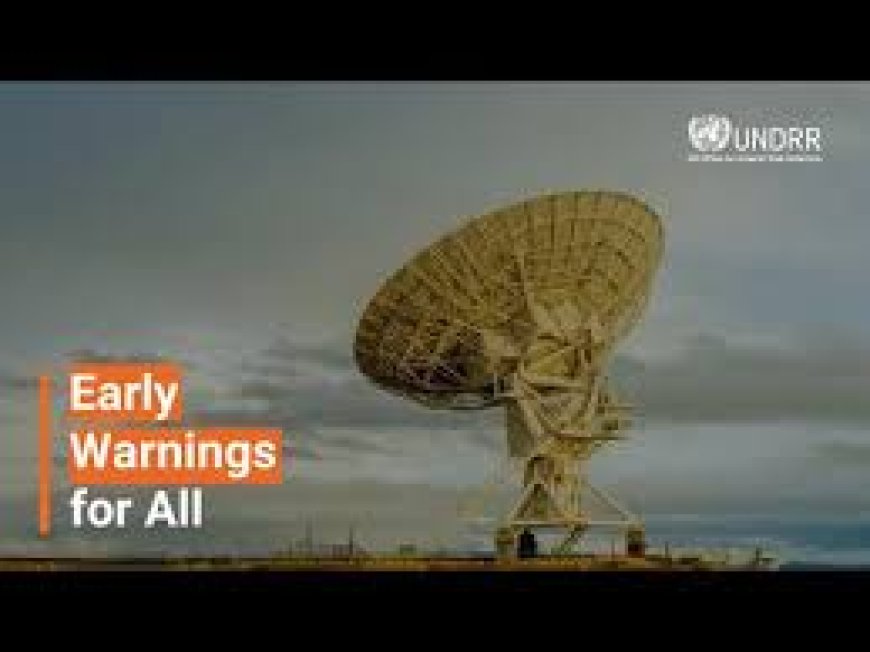
I’m not entirely sure if this is the right way to begin, but here goes — let’s talk about something that, frankly, doesn’t get enough attention: early warning systems. Those moments before a flood hits, before the wind knocks out power lines, or before the earth starts shaking... that’s when a simple alert can mean the difference between safety and tragedy.
We don’t usually think about it — not until the danger is already here.
But what if everyone, everywhere, had a little more time to act? That’s what the Early Warnings for All (EWS4ALL) initiative is trying to make happen.

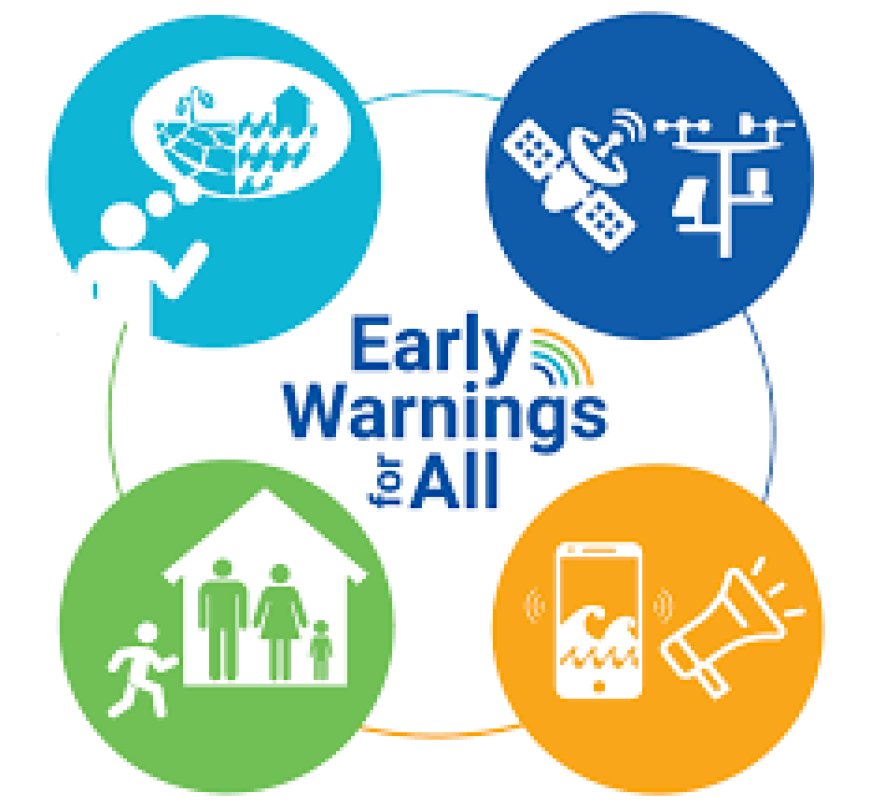
What is EWS4ALL?
It started back in 2022, with a clear goal that’s as ambitious as it is urgent: ensure every person on Earth is protected by an early warning system by the year 2027.
Think about that. Every person. Not just those with access to apps or data or reliable electricity. Everyone — from coastal communities in Fiji to rural areas in Nigeria, to mountain villages in Nepal.
It sounds big. Because it is. But it’s also incredibly simple at heart. It's about this:
Give people enough warning to do something. Anything. Before it's too late.
Who’s behind it?
A whole mix of global and local actors. The United Nations sounded the call, but it takes more than that. We’re talking:
- WMO (World Meteorological Organization) – tracking weather patterns and hazards across the globe
- UNDRR (UN Office for Disaster Risk Reduction) – ensuring risk reduction is central to development
- IFRC (Red Cross and Red Crescent) – boots on the ground, reaching people fast
- Local governments, NGOs, telecom providers, communities, schools, you, me... all of us.
And yes, sometimes the coordination is messy. Bureaucracies bump into each other. Signals get lost. But it’s working — slowly, in pieces, and with plenty of learning along the way.
Where has it worked?
Honestly? More places than you might think. Here’s just a handful:
Bangladesh
Cyclones used to take tens of thousands of lives. Today, the combination of text alerts, cyclone shelters, and community volunteers has changed the story. It’s not perfect. But far fewer people are dying.
Nepal
They’ve placed flood sensors along rivers. When the water level rises, a message is sent to people downstream. One man in Chitwan said he only had 40 minutes — but it was enough. He grabbed his wife and kids, ran. Their house didn’t make it. But they did.
Nigeria
In parts of Nigeria, flash floods and droughts are now being monitored more closely. Pilot systems using SMS alerts and radio warnings are helping farmers make planting decisions. During recent floods, thousands were warned to evacuate early. Again — not perfect. But better.
Colombia, Kenya, Vanuatu, Mozambique, Sri Lanka...
Different places. Different tools. But the same goal: more time, more lives saved.
But what does 'early warning' mean if it comes too late?
It’s a question I keep coming back to. Because — and this is painful — even with all this effort, people still don’t always get the warning in time.
Sometimes the signal is sent... but phones are off.
Sometimes it's received... but misunderstood.
Sometimes the warning comes... and people don’t trust it anymore.
That’s part of the challenge. Technology alone won’t fix this. The human part — building trust, understanding, local language, local knowledge — matters just as much.
So, what can you do?
Glad you asked. Because this isn’t just a top-down thing. It’s not only about agencies and satellites. It’s about people — knowing what to do when danger shows up. So here’s how to stay involved:
- Pay attention to alerts: Sign up for local warning systems if your country or city has one. Follow your national meteorological agency. Keep your phone charged (yes, that matters). Have a radio with batteries. Check in with neighbors.
- Spread the word: If you get an alert, share it. With your family. Your WhatsApp group. The shopkeeper next door. Not everyone hears the warning at the same time. You might be someone’s first — or only — chance.
- Know your safe place: Is there higher ground? A nearby school that opens its doors? A neighbor with a stronger building? Talk about it before you need to.
- Ask questions: Does your town have an early warning plan? Has it ever been tested? If not, speak up. Ask at community meetings. Email your local rep. Post about it. It’s not annoying — it’s necessary.
- Stay engaged: EWS4ALL isn’t a one-off project. It’s growing. It needs feedback from the ground. If something’s not working — if a warning came late, or not at all — speak up. Change doesn’t happen in silence.
A final thought (or two)
This whole thing — early warnings, disaster risk, climate resilience — it can feel overwhelming. I get that. But at the core of it is something very human: the desire to protect each other.
We don’t always get it right. Sometimes we ignore the signs. Sometimes the system fails. But we keep trying.
Because time is the one thing you can’t get back once disaster strikes.
And even a 30-second head start can mean the world.
So yes, early warnings matter. Maybe now more than ever.
And if there’s one thing to remember — it’s this:
The warning only works if we hear it. Share it. Act on it.
Stay alert. Stay informed. Stay human.
What's Your Reaction?











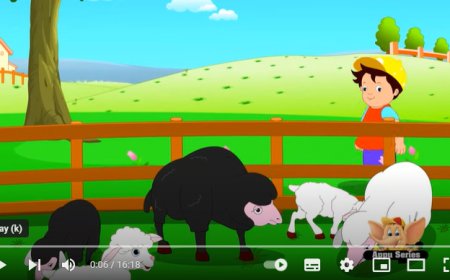
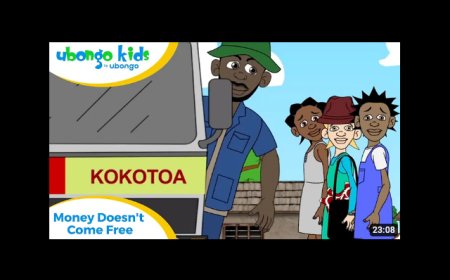


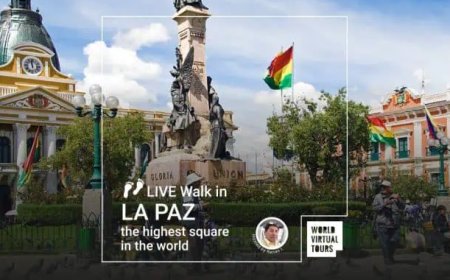

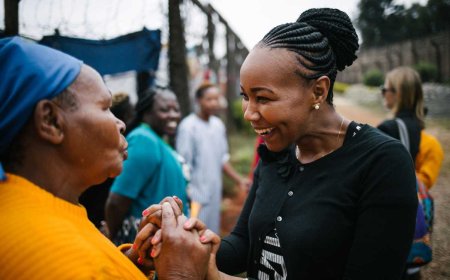



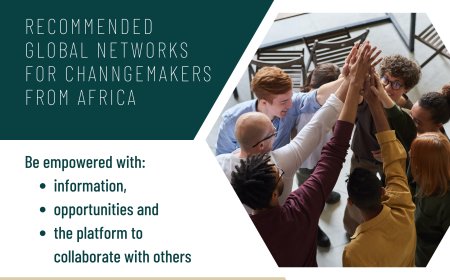
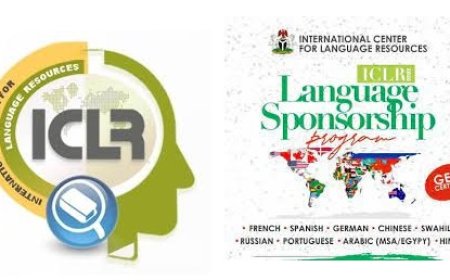


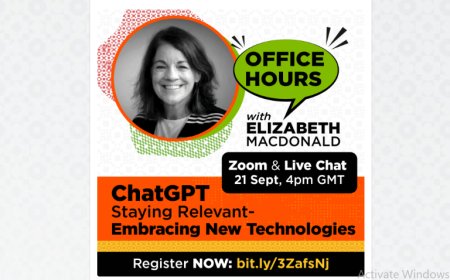
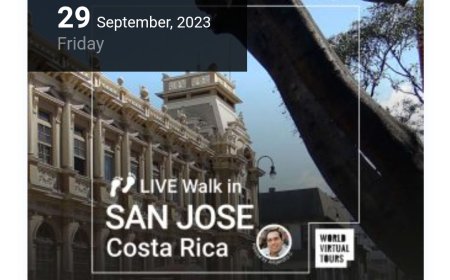
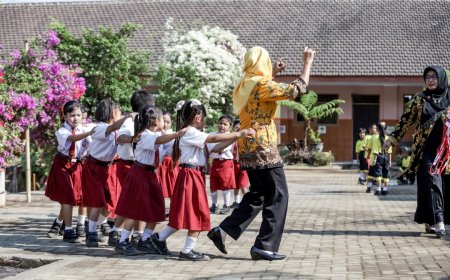
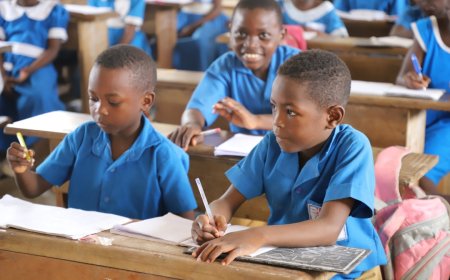

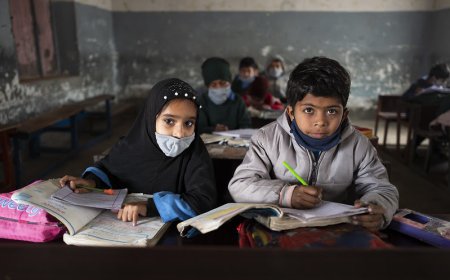
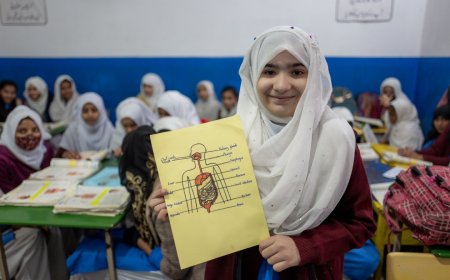
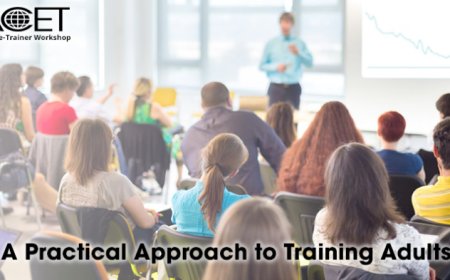
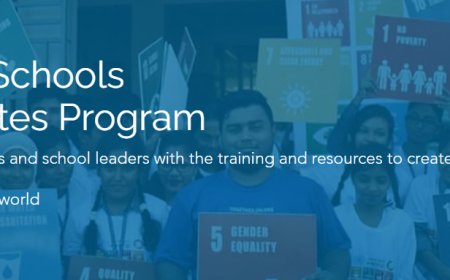


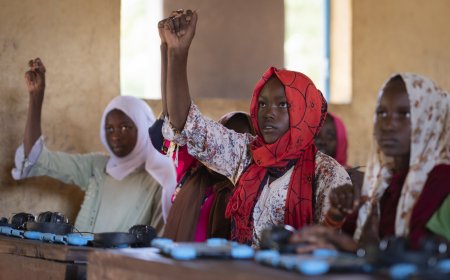
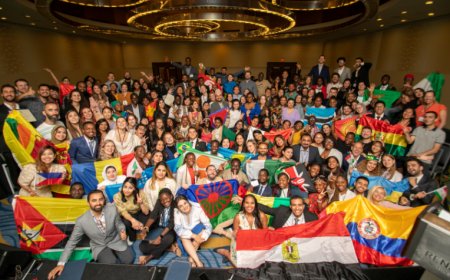
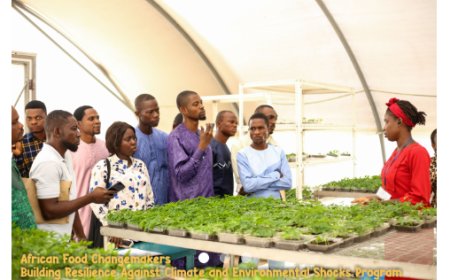
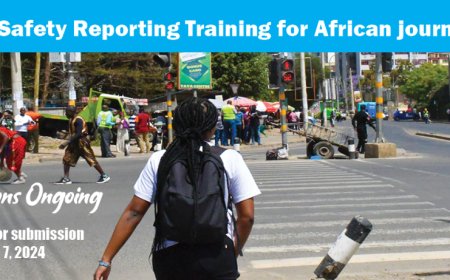
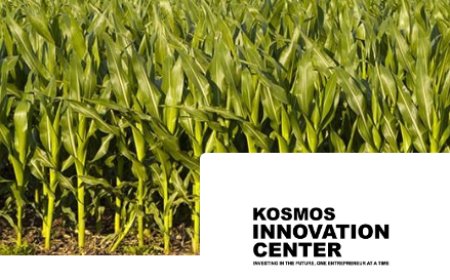




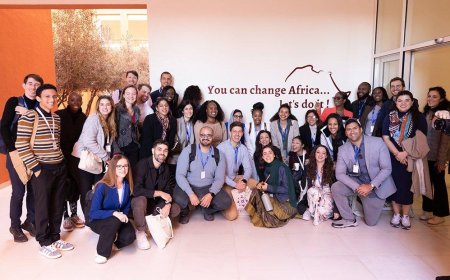
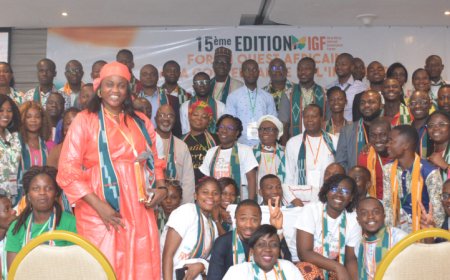

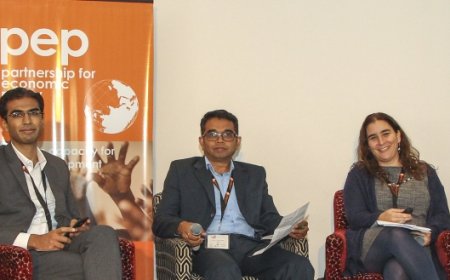


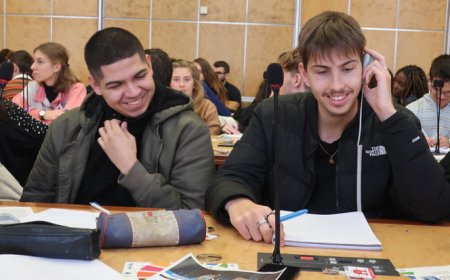
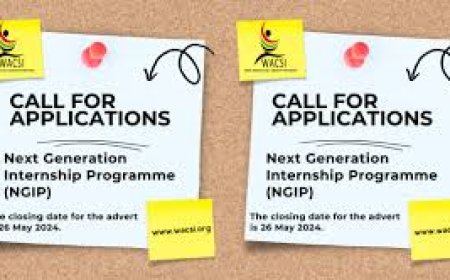
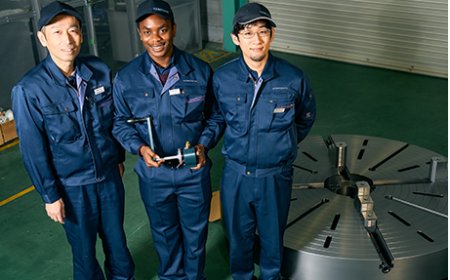




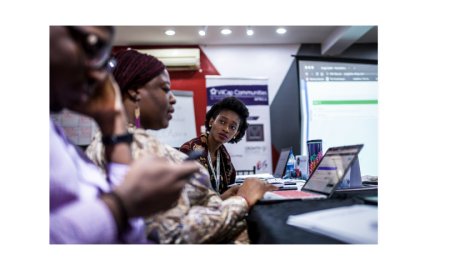



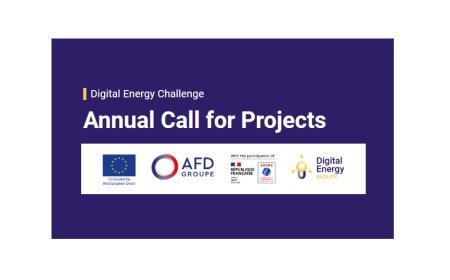
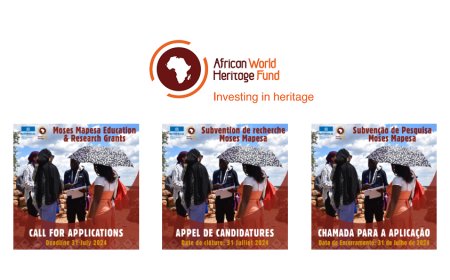

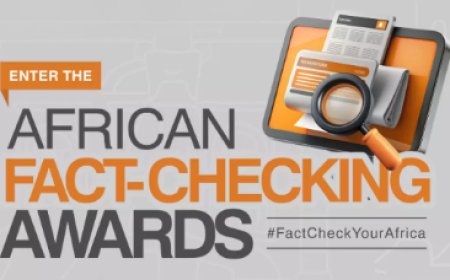
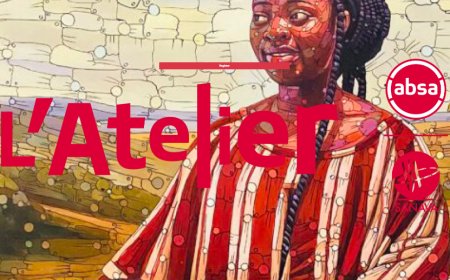

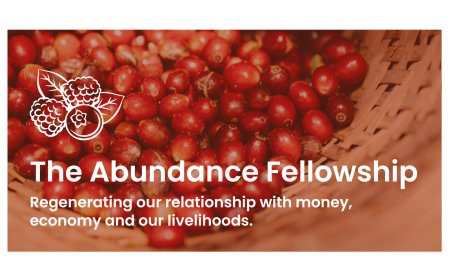



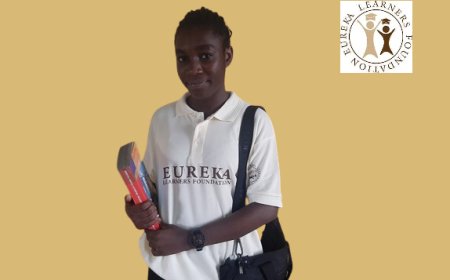
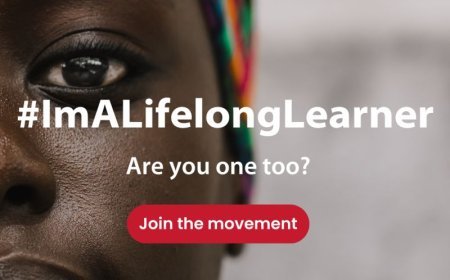
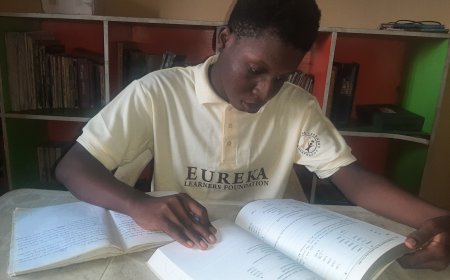

![Watch: The Butterfly Circus [Short Film] featuring Nick Vujicic](https://blog.elfglobal.org/uploads/images/202405/image_430x256_6654b9bc69c46.jpg)

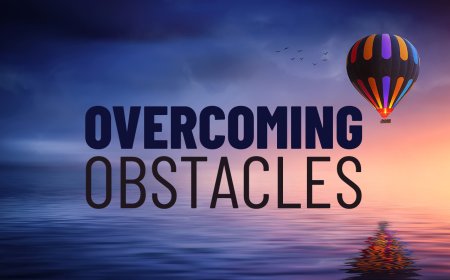
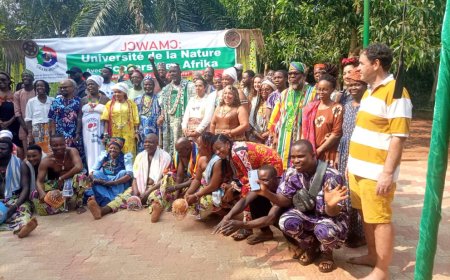
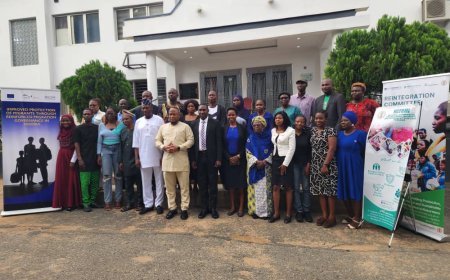
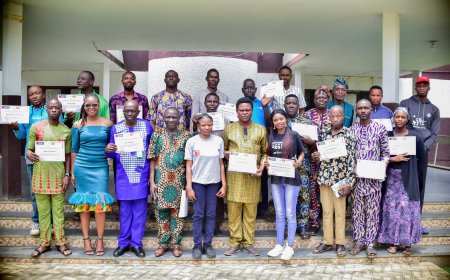
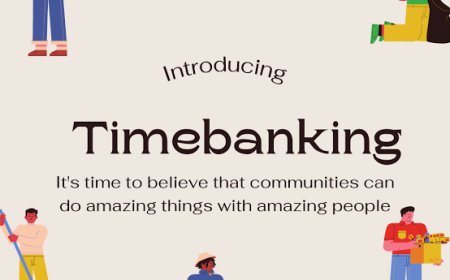

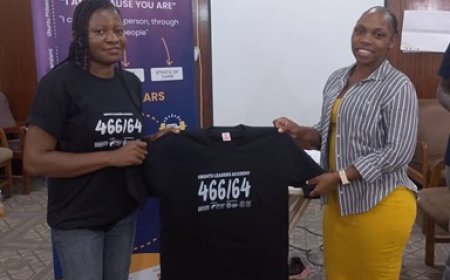
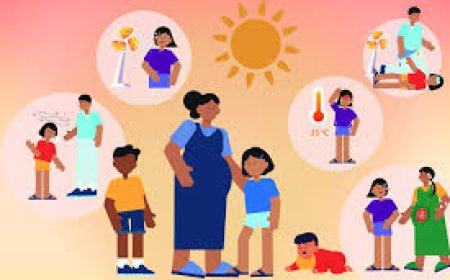


![Watch: The Butterfly Circus [Short Film] featuring Nick Vujicic](https://blog.elfglobal.org/uploads/images/202405/image_140x98_6654b9bc76b8e.jpg)





